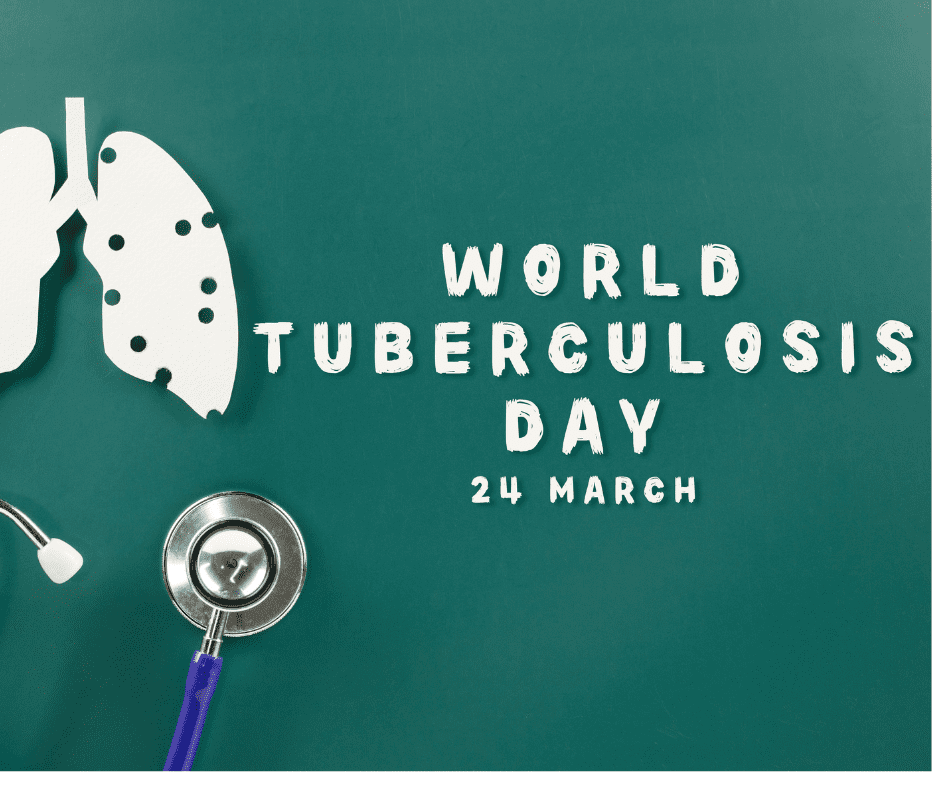By Trish Svoboda
As World Tuberculosis Day approaches on Sunday, March 24, the Kansas Department of Health and Environment (KDHE) wants to remind Kansans about the ongoing global health challenge posed by tuberculosis (TB). TB, a contagious and lethal infectious disease, continues to be a major cause of death worldwide.
The observance of this day is significant in light of recent data indicating a rise in TB cases in Kansas and throughout the United States in 2022. However, the number of TB cases is still lower compared to the years before the COVID-19 pandemic.
“World TB Day is observed on March 24 each year to educate the public about the impact of TB,” Deputy Secretary for Public Health Ashley Goss said. “It is important for Kansans and health care providers to understand that TB is preventable and curable. Testing and early treatment are recognized globally and in Kansas as the key to ending TB.”
TB is a bacterial infection primarily impacting the lungs. Early diagnosis and treatment are crucial to prevent its spread and severe health issues. Anyone can contract TB, but the risk is higher in immunocompromised individuals, those with diabetes or HIV, substance users, recent TB germ infections, or those inadequately treated for TB previously. A blood test can help detect TB infection.
Kansas state laws mandate TB cases to be reported to local or state health departments for monitoring TB incidence. This helps identify high-risk populations. In addition, the KDHE aids local health agencies, private doctors, and healthcare facilities by offering medical consultation, technical support for contact tracing investigations, and supplying anti-TB medications for treatment.
World Tuberculosis Day marks the identification of the TB-causing bacterium, Mycobacterium tuberculosis, by German doctor and researcher Robert Koch. Prior to the extensive application of anti-TB drugs, TB was the primary cause of mortality in the U.S. during the 1940s.













